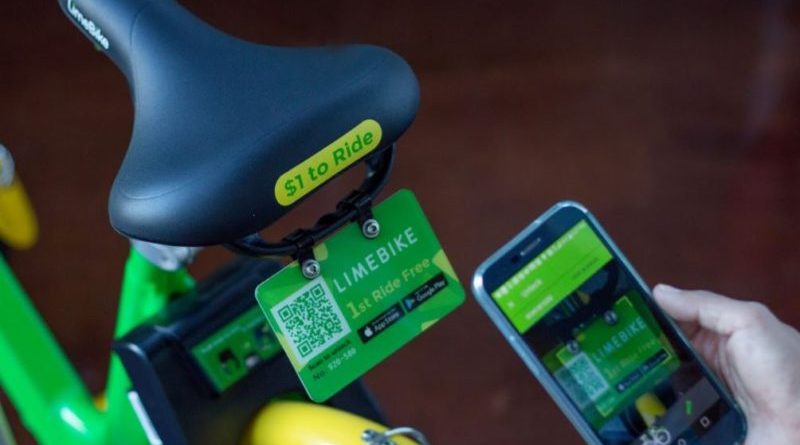LimeBike gains $50 million to grow its U.S. dockless offering ten fold
California-based dockless bike share outfit LimeBike has raised $50 million in funding to expand nationwide.
The fresh funding will primarily be used to upgrade the bike’s designs for the future, as well as increase the fleet size by ten fold by the end of 2017. At present 10,000 bikes have been deployed and 250,000 registered users take advantage. More astonishing than that, the company claims to be growing by 50% week over week on average.
Having set out with a $12 million seed fund, the latest round of investment comes from Coatue Management who led the drive, which this time around has gained funds from GGV Capital, Bill Maris’ Section 32, Andreessen Horowitz, DCM Ventures, Franklin Templeton Investments, AME Cloud Ventures, and Stanford’s StartX Fund.
As with many other dockless businesses, LimeBike relies on an app – on offer to Android and iOS users – to geolocate a bicycle and unlock via a quick QR code scan.
Manufactured by one of he very same bike builders who produce for Trek, among others, LimeBike’s offering costs just a dollar for 30 minutes, unless you’re a student, who gain access for half the price.
12 U.S. cities currently host 10,000 bikes, with a further eight university campuses benefiting from the service. The firm is also directly targeting big business in order to get workplaces cycling.
According to the firm, the bikes can only be left in designated spaces, something it hopes will eliminate sidewalk “littering” of bikes.
“Bike sharing is shaping the future of transportation,” said Toby Sun, LimeBike CEO and co-founder. “We’re passionate about solving the challenges of the first and last mile and we believe that better understanding the migration patterns of commuters can eventually help us to create efficiencies in urban mobility and cut down on carbon emissions in our cities.”
The company now plans to launch one to two new markets every week to serve over a million users by the end of 2017 and expand globally in 2018.



